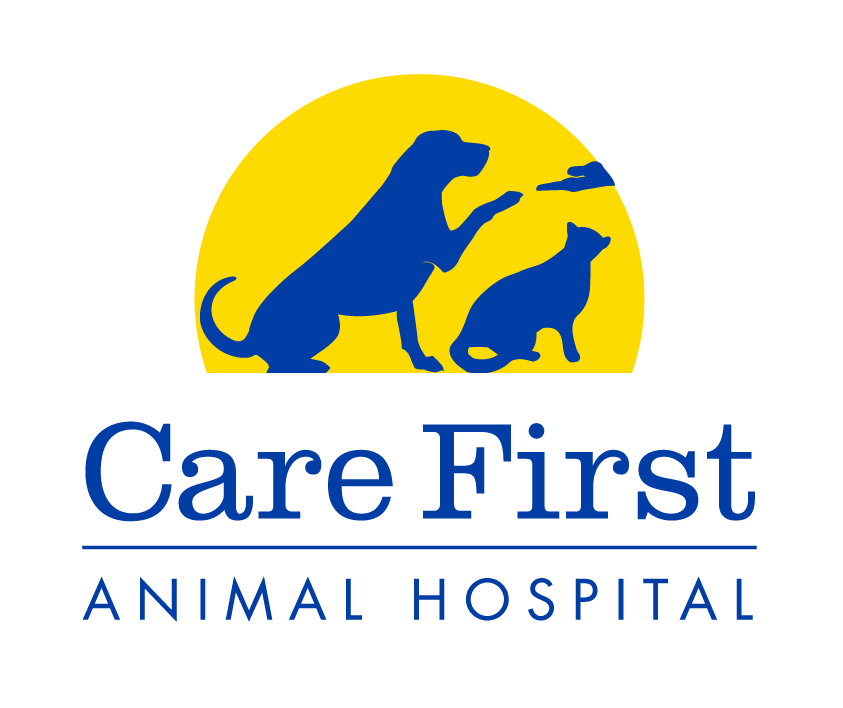At Care First Animal Hospital, we make it our priority to provide compassionate, quality care for our patients, no matter the size of the procedure or medical issue. Because we want your pet to feel their best, we offer minimally invasive surgery in Cary, NC and our locations throughout the Triangle as part of our emergency services.
What does a minimally invasive surgery involve? Minimally invasive surgeries usually include procedures that have a quick recovery time, low risk, less pain and only small incisions.
Pet Surgeries Of All Kinds At Care First
When you bring your pet to Care First Animal Hospital, you can expect attentive, thorough care for your patient as they go through minimally invasive surgery in Cary. Before the surgery, our veterinarians will explain the procedure to you and go over any necessary paperwork, as well as provide a quote for the surgery. In every medical service, we use the best tools, effective medicines, and reliable treatments to return your pet to you happy and healthy.
Post-surgery, our staff will monitor your patient closely throughout the day and inform you of any updates. If for any reason hospitalization is required, we will gladly keep the patient while they recover until they are ready to go home.
Whether your pet needs to be spayed or neutered, or have exploratory surgery, Care First Animal Hospital offers laparoscopic procedures with minimal downtime.
What Is A Veterinary Laparoscopy?
A laparoscopy is a minimally invasive surgical procedure that allows a veterinarian to perform various operations with tiny incisions. Also known as keyhole surgery, a laparoscopy doesn’t create a large incision—specialized instruments and a laparoscope are used to access the interior of the abdomen and pelvis.
Contact our office today for more information on laparoscopic procedures and how they can assist your pet.
Benefits Of Laparoscopy
- Minimal scarring. Laparoscopy involves only small incisions, leaving minimal scarring behind.
- Faster recovery. Pets undergoing laparoscopic procedures typically experience faster recovery times compared to traditional open surgery. Your pet will likely be able to return to their normal activities in a shorter period of time.
- Less pain. Small incisions involve less tissue than traditional surgeries. This means your pet will need fewer pain medications and have a more comfortable recovery period.
Common Veterinary Laparoscopic Procedures
- Spaying and neutering
- Gastropexy
- Biopsies
- Exploratory surgery
- Tumor removal
Is Laparoscopy Right For My Pet?
Your pet’s age and healthcare needs will largely determine whether or not a laparoscopic procedure is right for your pet. Our veterinarians will discuss your pet’s treatment plan and provide the best recommendations for their well-being.



